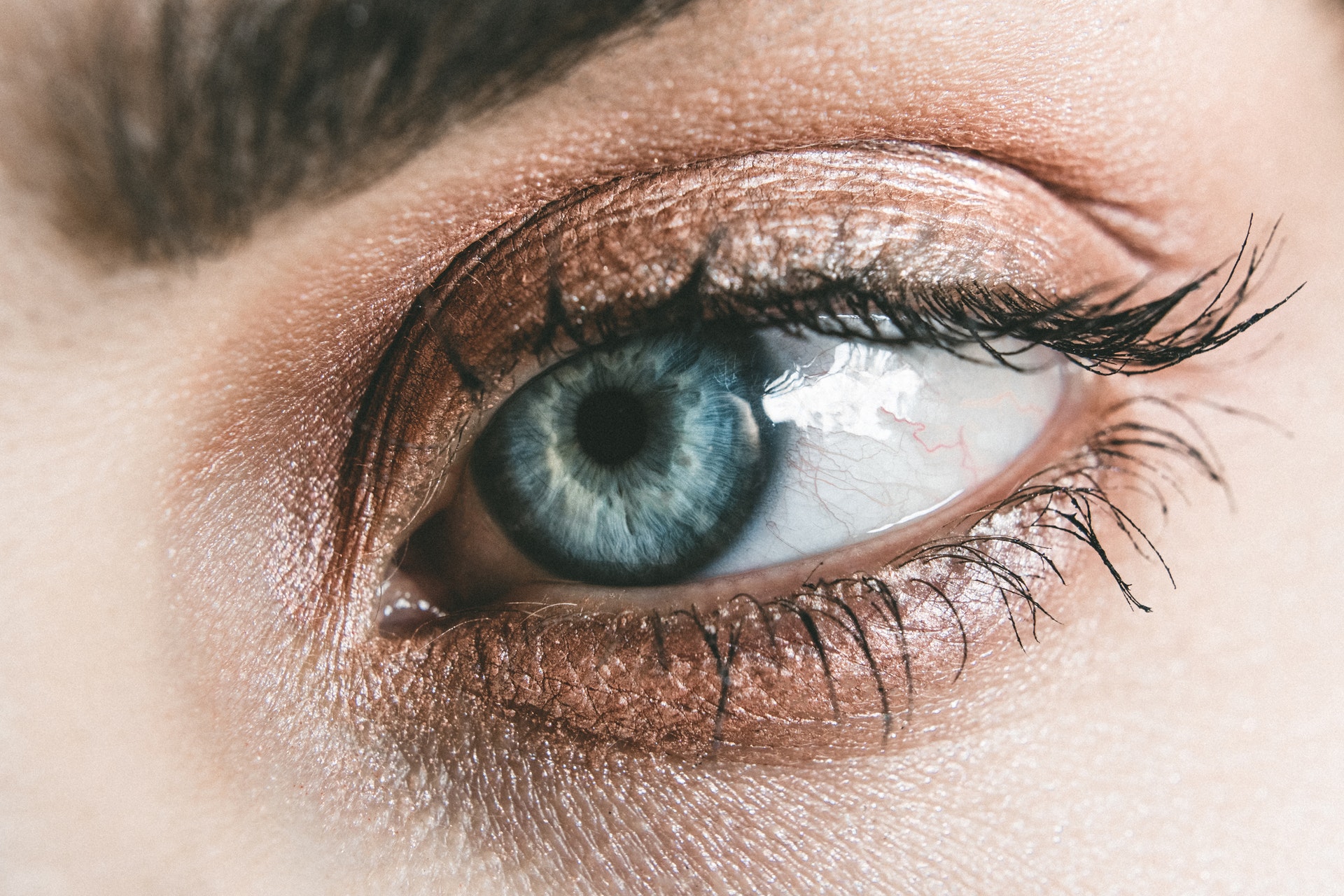Have you ever wondered what it is like to fly commercial as a blind person? An opinion column in the New York Times vividly shares a first-hand account. It’s well worth a read.
Georgina Kleege is an English lecturer at the University of California, Berkeley. She also happens to be blind. In a well-written piece, she retells a recent experience onboard a commercial flight.
Here are a few snippets:
I strive to reassure the attendant that I won’t be any extra work for her during the flight. I am not only an experienced traveler; I am an experienced blind person. I know how to find my way to the lavatory. In the unlikely event that food is served, I know how to feed myself.
Part of the standard safety briefing is to tell me that in case of emergency, I should stay where I am and wait for a member of the crew to come back and rescue me. It does not take much imagination to predict that in the chaos of some disaster, this is unlikely to happen. How is the flight attendant going to get to me if the aisle is clogged with my fellow passengers rushing toward the exit?
….
The man in the seat next to me, idly eavesdropping as she got to this part of her spiel, piped up, “But what about me?” His tone was aggrieved, perhaps a little anxious. He went on to point out that if I remained seated in the event of this hypothetical emergency, he would have to climb over me, and those few extra seconds might be the difference between life and death.
I had to think fast. The two of them were talking about and around me, and I was vanishing from the conversation. This is a familiar experience for many disabled people, and it can be risky to remain silent. It seemed urgent to reshape the image of myself as a barrier and burden, so I said, “If the lights go out, or there’s smoke and no visibility, I can lead the way.”
I felt a bit guilty using this ploy, because I was ascribing value to myself that other passengers, particularly other disabled passengers, could not claim…
Still thinking fast, I resisted the urge to list my academic and professional accomplishments as proof that I am a clear thinker, accustomed to directing others, good in a crisis. Fortunately, my fellow passenger only needed to consider for a second. “Yeah,” he said, “she can get around in the dark. She could lead me to safety.”
The whole column is worth a read because it so humbly and so apolitically helps us to better understand what it is like to fly while blind.
I don’t know about you, but sometimes we tend to freeze up when being around someone with special needs. How do we address a disability? Ignore it? Mention it without trivializing it? Compassion starts with empathy and a smile, but sometimes being “compassionate” can seem (and is) patronizing.
CONCLUSION
Maybe some of you can better articulate than me why I liked this opinion piece so much, but do give it a read.


Thank you Matthew for sharing this! I am a FA for a major U.S. carrier and often wonder what goes on in the passengers’ mind when I conduct an individual briefing for a physically disabled customer. Moreover, I am more concerned about those with less obvious disabilities or less experienced traveler that may need extra attention and care. Also, I have to remind myself every day I start my work day that travel for most is full of emotions, good and bad. Growing up between a split family, I often remember crying from separation anxiety in airplane bathrooms after parting after family visits.
Some blind people can actually see. They don’t see black but things are blurry. Some can see a round clock but can’t read the numbers.